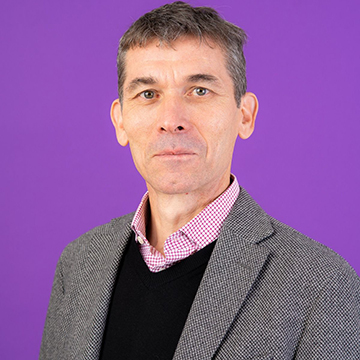Session 1 : Expliquer les inégalités de santé en économie et sociologie
Discussion : Cyrille Delpierre (Inserm)
Session 1 : Expliquer les inégalités de santé en économie et sociologie
Discussion : Cyrille Delpierre (Inserm)
Socioeconomic health inequality is substantial, ubiquitous and persistent. From an economics perspective, I review what is known about its causes in high-income countries and consider what can be known and needs to be known. Causal analyses have not yet delivered strong, consistent evidence that education, income and wealth impact health in adulthood, but there is evidence that cash benefits paid to low-income households often improve infant and child health outcomes. Changes in adult health have large effects on income and wealth, and childhood ill-health both persists into adulthood and constrains economic outcomes in that phase of life. What can be known about the causes of health inequality is constrained by the limited scope for causal analysis to identify effects of socioeconomic exposures that potentially take their toll on health over the life course, cumulatively and multiplicatively. To reduce health inequality, its causes need not necessarily be known, provided health policies that improve the health of the socioeconomically disadvantaged can be identified and implemented. Political support for such policies may, however, depend on knowledge (or beliefs) about the causes of health inequality.

Owen O’Donnell is Professor of Applied Economics in the School of Economics and the School of Health Policy & Management at Erasmus University Rotterdam, and a Research Fellow of the Tinbergen Institute. His research is in the field of health economics, particularly health inequality, health insurance and health behaviour. He has published in leading field journals in economics and in demography, epidemiology and medicine. He is an Editor of the Journal of Health Economics.

Cyrille Delpierre est épidémiologiste, directeur de recherche Inserm. Depuis 2021, il dirige le Centre d'Épidémiologie et de Recherche en santé des POPulations (CERPOP), unité mixte de recherche Inserm-Université Toulouse III, et est coresponsable de l'équipe EQUITY dédiée à l'étude des inégalités sociales de santé (ISS). Ses recherches portent sur les mécanismes par lesquels l'environnement social est biologiquement incorporé, comment il peut affecter le fonctionnement biologique et ainsi favoriser le développement de maladies et leur progression. Ses travaux ont deux objectifs généraux : i) expliquer les ISS non seulement par des expositions physico-chimiques, des comportements de santé et une prise en charge par le système des soins socialement distribués, mais aussi par des expositions psychosociales susceptibles de modifier des processus biologiques et favoriser le développement de pathologies à distance ; ii) développer ou participer à des interventions susceptibles de réduire les ISS.

